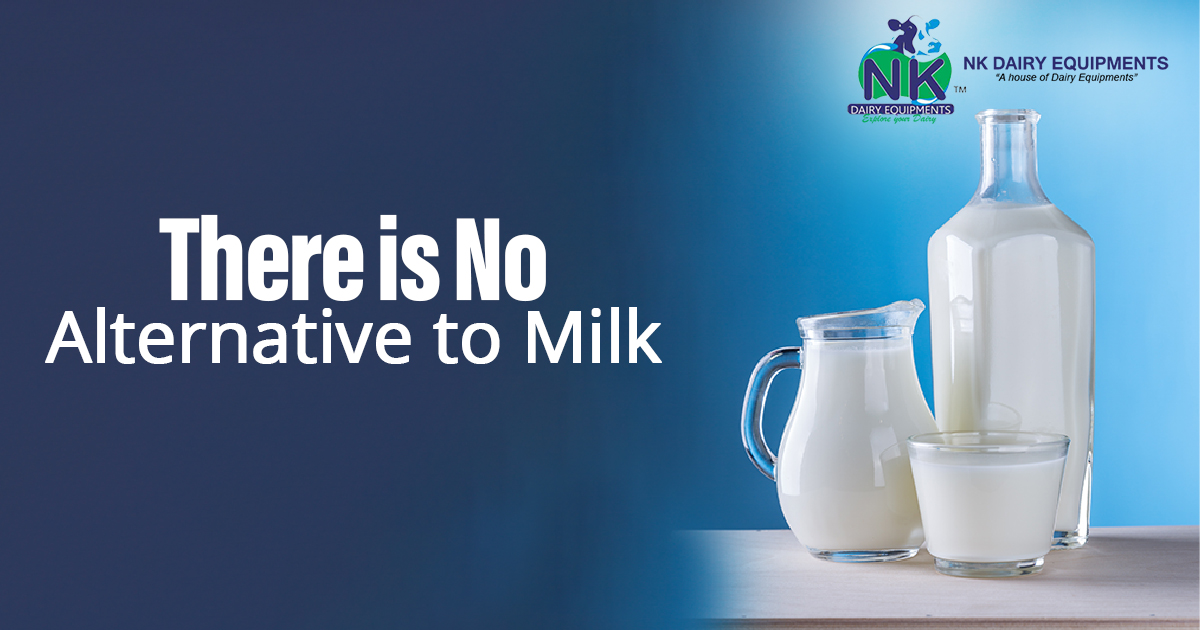We remember our childhood days with fond memories of our mother running behind us with a glass of milk in her hand. Sure, mothers know best. That is exactly the reason why she made it sure that you had your milk. Milk is a rich source of various nutrients which include calcium, protein, vitamin A, vitamin D, vitamin B12, riboflavin (B2), niacin, pantothenic acid, and phosphorus. The milk supplied by dairies is a common source of milk. According to the Food and Drug Administration, the milk should be rich in these nutrients, have a uniform composition and meet the safety standards. These qualities can be attained with non-dairy products. This is where dairy plants come in the picture. NK dairy provides quality milk which has been harvested using approved procedures and passing through the dairy machine. We also ensure that our milk is safe by pasteurizing it through our milk pasteurizer plant.
Let’s take a look at the milk as a source of various nutrients –
- Calcium: While calcium is readily absorbed from dairy milk, the same can’t be said about the non-dairy and fortified milk packs. One should check the quantity and quality of non-dairy milk alternatives before buying them.
- Protein: While dairy milk provides an average of 8 grams of protein per cup, the non-dairy milk alternatives offer a poor 1 g per cup. Will you still buy it?
- What’s the return on Investment of your alternative?
Milk truly stands for value for money as it offers great nutrition for a small amount of money. The same can’t be said of the non-dairy milk alternatives.
- No added flavors
The milk is harvested and supplied in its most natural form. They steer clear of added sugars, flavorings or stabilizers. It is just milk with all its goodness. But non-dairy milk alternatives have a long list of sugars, stabilizers or flavorings added to them. That is one more reason for you to opt for dairy milk.
- Are you Lactose Intolerant?
Then sure you must pick dairy milk. It has various low lactose or lactose-free products for you. You can choose from yogurt or natural cheese such as cheddar, mozzarella or Swiss -you will never complain about these choices. You won’t have any option in non-dairy milk alternatives.
- Disease Fighter
If you go by the current dietary recommendations given by the dieticians, at least three servings of low-fat milk, cheese or yogurt are recommended for a balanced diet. It helps in enhancing bone health and lowering the risk of cardiovascular diseases. It also helps in preventing Type 2 diabetes and managing the weight. So reach out for a glassful of the white treasure.




